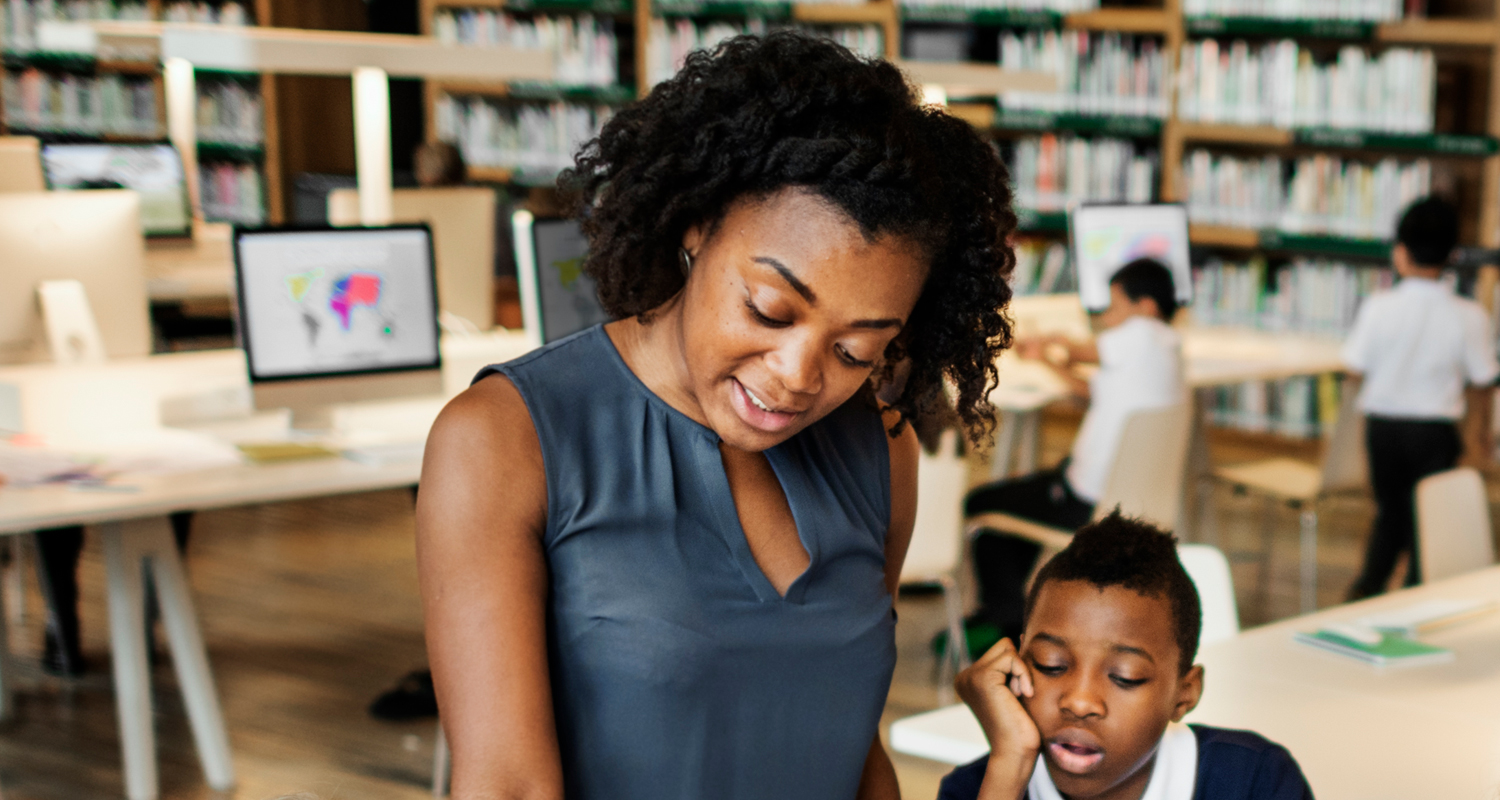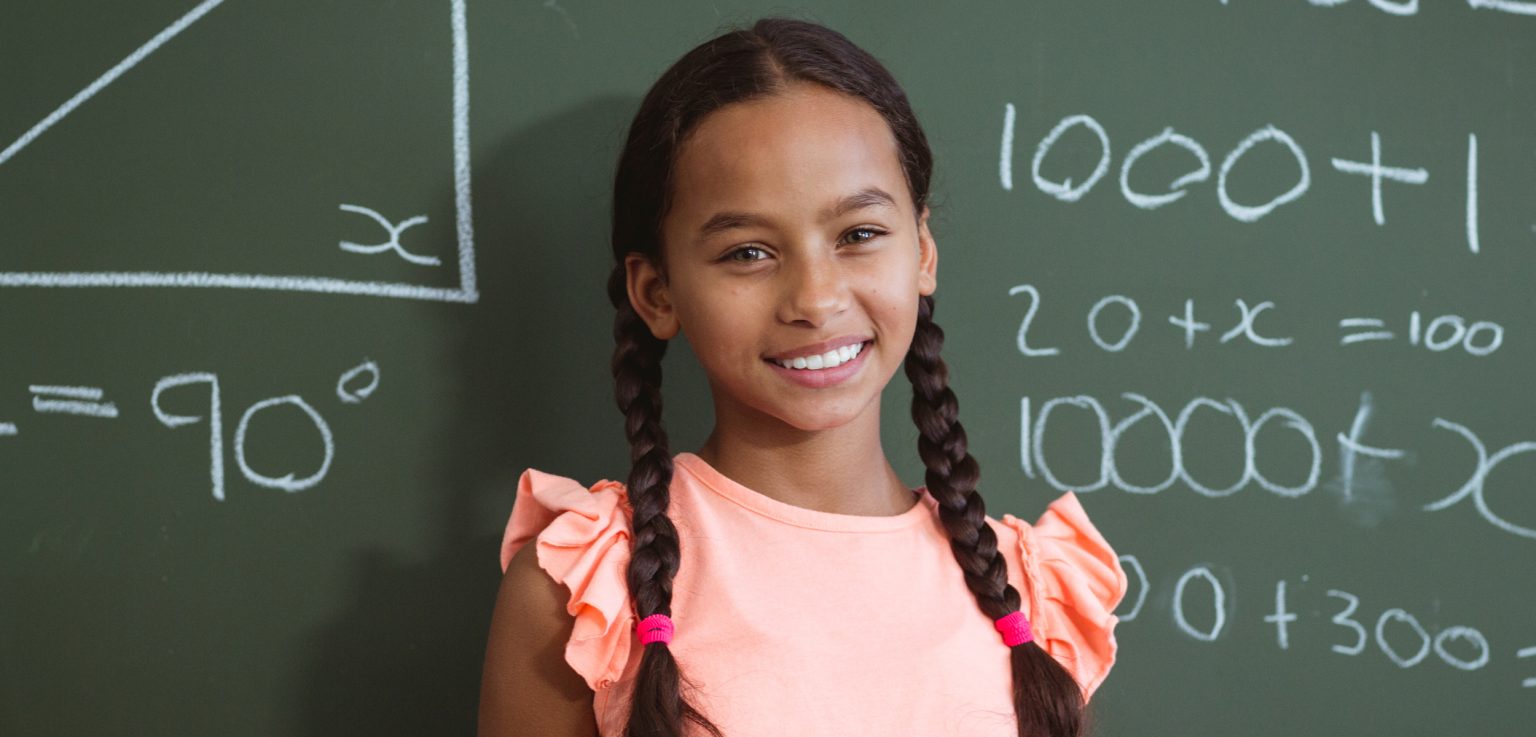Inflation in the education sector in South Africa continues its decades-long trend of outpacing general consumer prices, putting considerable pressure on parents as they strive to provide their children with the best schooling to prepare them for success in life.
With the rising cost of living already putting families further on the back foot, some are questioning the real value of a private education.
But a safer learning environment and access to state-of-the-art learning tools and technologies, coupled with the opportunity to socialise with the upper echelons of society, are additional benefits that top-tier private schooling provides over public schools.
But private education in South Africa has become increasingly expensive. The leading private boarding schools now charge more than R350 000/year, and day schools can exceed R200 000. That’s out of reach for most parents.
But even parents of modest means do their best to give their children the best education they can afford. And the schools in TechCentral’s annual list of South Africa’s most expensive schools provides a good overview of what to expect at the top end of the market.
Here then, for 2025’s academic year, are the 10 most expensive private schools in South Africa.
| School | Location | Fees 2024 | Fees 2025 | Percentage increase |
|---|---|---|---|---|
| Hilton | KwaZulu-Natal Midlands | R397 660 | R420 729 | 5.80% |
| Michaelhouse | KwaZulu-Natal Midlands | R368 000 | R392 000 | 6.50% |
| St Andrew’s College | Makhanda, Grahamstown | R363 879 | R387 531 | 6.50% |
| Roedean School for Girls | Parktown, Johannesburg | R360 087 | R387 093 | 7.50% |
| St John’s College | Houghton, Johannesburg | R352 612 | R376 589 | 6.80% |
| Kearsney College | Botha’s Hill, Durban | R350 130 | R374 330 | 6.90% |
| Bishops Diocesan College | Rondebosch, Cape Town | R341 430 | R364 680 | 6.80% |
| St Mary’s | Waverley, Johannesburg | R335 470 | R358 665 | 6.90% |
| St Alban’s College | Lynnwood Glen, Pretoria | R328 920 | R353 580 | 7.50% |
| Diocesan School for Girls | Makhanda, Grahamstown | R323 040 | R345 630 | 7.00% |
At this end of the affordability spectrum, choosing the right school boils down to a number of qualitative factors such as access to cultural activities and clubs, the availability of boarding facilities, and the school’s approach to religion, for example.
Hilton and Michaelhouse still lead TechCentral’s list as the most expensive boys’ schools in South Africa (and the priciest overall), with Roedean still the costliest girls’ school. Falling out of this year’s list are St Stithian’s Boys College in Sandton/Randburg, Crawford College Sandton and the Clifton School in Cape Town. They make way for St Andrew’s School for Girls, Bishops Diocesan College and St Alban’s College.
South Africa has over the last decade seen a boom in private educational institutions at all levels of learning, from pre-school to university. And parents in the low- and middle-income bracket are increasingly choosing to direct their money at educating their children in these schools.
Best funded
One one hand, the success of newly established private schooling franchises such as Curro and Spark Schools represents the fruit of a free-market democracy at work. On the other hand, the rise of private schooling points directly to the severe inadequacies of the public education system.
South Africa’s public education system is one of the best-funded in the world, relative to GDP. In the 2023/2024 financial year, government allocated R457-billion towards education, 6.5% of GDP and 19.5% of public spending.
Read: South African schools introduce VR lessons
The outcomes, however, do not reflect the magnitude of this investment, with recent research by the South African Institute of Race Relations suggesting that of the pupils who enrol in grade 1, only 56% reach grade 12 and only 20% achieve a bachelor’s pass.
A 2023 University of Pretoria study concluded that 81% of grade 4s in South Africa struggle to read for meaning, placing the country as the lowest-ranked among 57 nations in reading and comprehension scores.
 The boom in private education in lower-income brackets suggests South African parents are willing to spend the money – over and above the tax they contribute to the fiscus – to ensure their children get the best education they can afford. Private institutions have simply proven themselves as more accountable in how they spend money – and their results reflect this. Accountability, unfortunately, is still sorely lacking in the public sector. – © 2025 NewsCentral Media
The boom in private education in lower-income brackets suggests South African parents are willing to spend the money – over and above the tax they contribute to the fiscus – to ensure their children get the best education they can afford. Private institutions have simply proven themselves as more accountable in how they spend money – and their results reflect this. Accountability, unfortunately, is still sorely lacking in the public sector. – © 2025 NewsCentral Media
Get breaking news from TechCentral on WhatsApp. Sign up here.
Don’t miss:
TCS | Meet the team behind Matric Live, South Africa’s App of the Year


